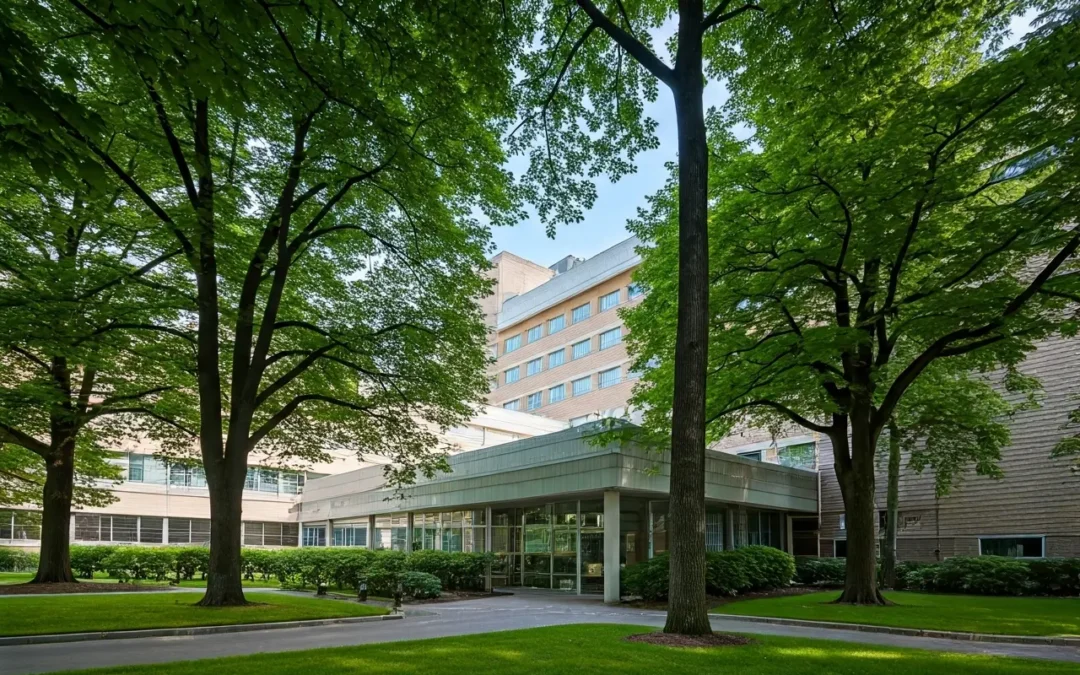Exploring a rehab program can feel overwhelming, especially with so many options available. If you or a loved one are seeking rehab services in Port St. Lucie, understanding the differences can help you make an informed decision. This guide aims to simplify the choices by providing a clear overview of the various rehab programs available in Port St. Lucie.
Table of Contents
Why Choosing the Right Rehab Program Matters
Rehabilitation is a critical step in the recovery process, and selecting the right program can greatly influence the chances of success. Understanding the different types of programs ensures that individuals receive the care that best suits their personal recovery journey. For instance, considering the cost, environment, and treatment modalities can help you align your choice with your needs. The right program not only caters to the medical aspects but also addresses psychological and emotional healing, which is crucial for sustainable recovery.
Moreover, rehab programs in Port St. Lucie are designed to cater to a diverse range of needs, emphasizing personalized care. This means that individuals can expect programs that focus not just on detoxification, but also on holistic healing. This patient-centered approach enhances motivation and engagement, which are key factors in ensuring long-term success in overcoming addiction.
Inpatient Rehab Programs
Inpatient rehab programs require patients to reside at the facility during their treatment. This provides a structured environment with 24⁄7 medical support and removes individuals from environments that might trigger substance use. During their stay, patients are immersed in a supportive community of peers and healthcare professionals dedicated to recovery, offering constant encouragement and accountability.
One of the significant benefits of inpatient programs in Port St. Lucie is the availability of a comprehensive range of therapies. From individual and group counseling sessions to art and music therapies, these programs offer versatile approaches to healing. Such a diverse range allows patients to find what resonates with them, making therapy more effective and the recovery process more enjoyable.
Outpatient Rehab Programs
Outpatient programs offer flexibility, allowing individuals to live at home while attending scheduled treatment sessions. This type of program is ideal for those with less severe addiction or those transitioning from inpatient care. Outpatient treatment provides the support needed to manage recovery while enabling individuals to maintain daily responsibilities such as work and family commitments.
While outpatient programs in Port St. Lucie offer less intensive supervision, they compensate with convenience and cost-effectiveness. Patients have access to the same resources as inpatient programs, such as therapy sessions and support groups, but with the added bonus of integrating skills learned into daily life almost immediately. This real-world application can be a powerful ally in the fight against addiction.
Specialized Rehab Services
Many facilities in Port St. Lucie offer specialized rehab services tailored to specific needs, such as programs for adolescents, veterans, or individuals with co-occurring disorders. These programs address unique challenges and provide customized treatment plans. Special attention is given to trauma-informed care, recognizing the profound impact past experiences have on addiction.
For example, programs designed for veterans typically incorporate therapies that address PTSD, integrating treatments that specifically cater to this demographic’s needs. Similarly, adolescent-focused programs prioritize family involvement and academic support to ensure a holistic treatment approach. Such customization enables a greater connection between the patient and the therapy, often resulting in more effective outcomes.
Therapeutic Approaches in Port St. Lucie
Rehab facilities in Port St. Lucie typically employ a range of therapeutic approaches, including cognitive-behavioral therapy, group therapy, and holistic therapies. Understanding these methods can help individuals determine which program aligns with their personal recovery strategies. Cognitive-Behavioral Therapy (CBT) is particularly popular due to its effectiveness in reshaping thought patterns, which can drive behavior changes.
Holistic therapies, such as yoga and meditation, compliment traditional methods by focusing on healing the mind, body, and spirit. These approaches support emotional well-being and stress management, essential elements for a balanced recovery process. Furthermore, group therapy sessions foster community support, an invaluable component in helping individuals feel understood and less isolated in their journey.
Aftercare and Support Networks
Long-term recovery often requires continued support beyond the initial treatment. Programs offering robust aftercare and access to support networks can provide the ongoing assistance needed to maintain sobriety. Aftercare plans often include resources like sober living arrangements and alumni support groups, which play crucial roles in preventing relapse.
In Port St. Lucie, continued care is heavily emphasized, as consistent support has been shown to significantly enhance recovery success rates. Community-based programs and regular follow-ups with therapists ensure that individuals remain uplifted and guided even after completing formal treatment. These networks act as safety nets, assuring individuals that they are not alone in their journey towards a healthy, sober life.
Choosing the Right Path to Recovery in Port St. Lucie
Choosing the right rehab program in Port St. Lucie is a personal journey that depends on individual needs and circumstances. By understanding the various options available, including inpatient, outpatient, and specialized programs, you can make a decision that sets the stage for successful recovery. Remember, the best program is the one that meets your unique needs and supports your journey towards healing. For more information on how to start your path to recovery, visit MiraclesRC for guidance.











